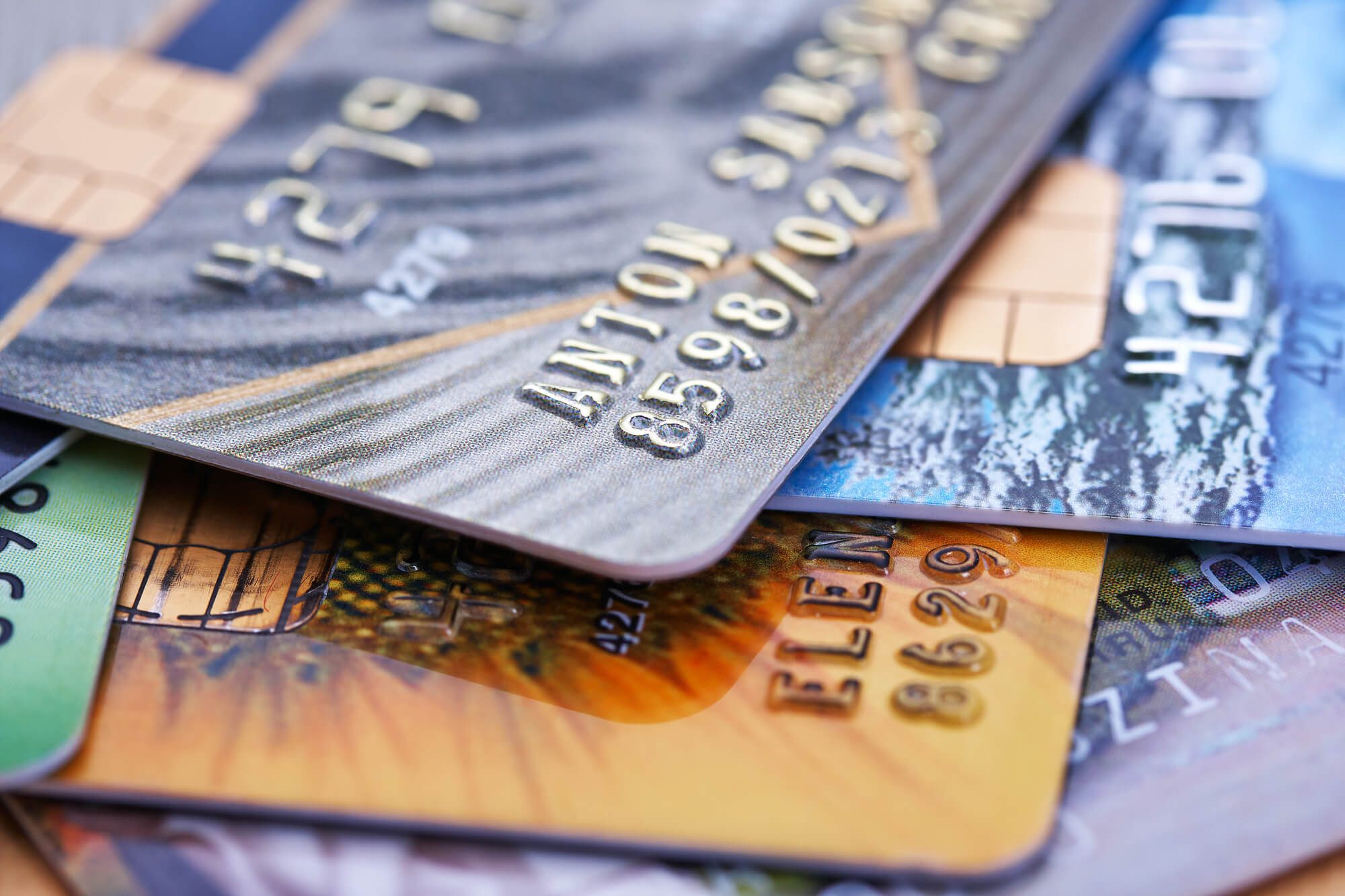Feeling like you’re drowning in credit card debt is an overwhelming experience. However, by understanding the psychological factors that contribute to this struggle, you can gain the knowledge and tools needed to overcome it.
Delving into the psychology of credit card debt, exploring how our emotions, biases, and behaviors can lead us into this predicament. You can rise above the challenges and achieve long-term financial well-being by gaining insight into these factors and taking control of your mindset.

Overcoming the Struggle and Mastering Your Mind for Financial Freedom
The Emotional Triggers of Credit Card Debt
Our emotions often play a significant role in our spending habits. Impulse buying, driven by the need for instant gratification or alleviating stress, can push us further into debt.
Peer pressure and societal expectations can also contribute to overspending as we try to keep up with other people’s lifestyles. Understanding and managing these emotional triggers can empower you to make more mindful spending choices and break free from the cycle of debt.
Cognitive Biases and Credit Card Debt
Our minds have inherent biases that can lead us astray when it comes to managing credit card debt. Confirmation bias and rationalization can make us justify unnecessary purchases, even when we’re already drowning in debt. Additionally, our present bias favors immediate rewards over long-term consequences and can blind us to the true cost of credit card debt.
Anchoring and framing effects further influence our spending decisions, as pricing strategies and promotional offers sway our judgment. Recognizing these biases can help you make more rational financial choices and avoid falling deeper into the quagmire of debt.
How to Overcome Psychological Barriers to Debt Management
Recognize and Acknowledge Emotional Triggers
It’s essential to address the psychological barriers that may be hindering your progress. Start by recognizing and acknowledging the emotional triggers that lead to excessive spending. You can develop healthier alternatives to cope with stress or seek support to overcome emotional spending by understanding the underlying reasons behind your habits.
Practice Mindful Spending and Budgeting Techniques
Practicing mindful spending and budgeting techniques will help you regain control of your finances and align your choices with your long-term goals. Contact financial counselors or support groups who can provide professional guidance and help you navigate your way to financial stability.
How to Change Mindsets and Build Healthy Financial Habits
Shift Your Mindset
Shifting your mindset becomes crucial to breaking free from credit card debt. Replace the scarcity mentality that often accompanies debt with abundance thinking. Instead of feeling deprived, focus on the opportunities and possibilities that financial freedom can bring.
Increase Your Financial Literacy
Educate yourself about personal finance, responsible borrowing, and debt management. Increased financial literacy empowers you to make informed decisions, avoid unnecessary debt, and take steps toward a debt-free future.
Stay Motivated
Celebrate small victories along your debt repayment journey and stay motivated to reinforce your commitment to long-term financial well-being.

Feeling Like You’re Stuck With Credit Card Debt?
Having high credit card debt is undoubtedly overwhelming. However, it doesn’t have to define your financial future.
DebtHelper is an IRS-approved 501c3 Non-Profit Florida Corporation that’s committed to helping you rise above your current situation and create a brighter financial future. Contact us today for more information about our services and start your journey toward financial freedom.





